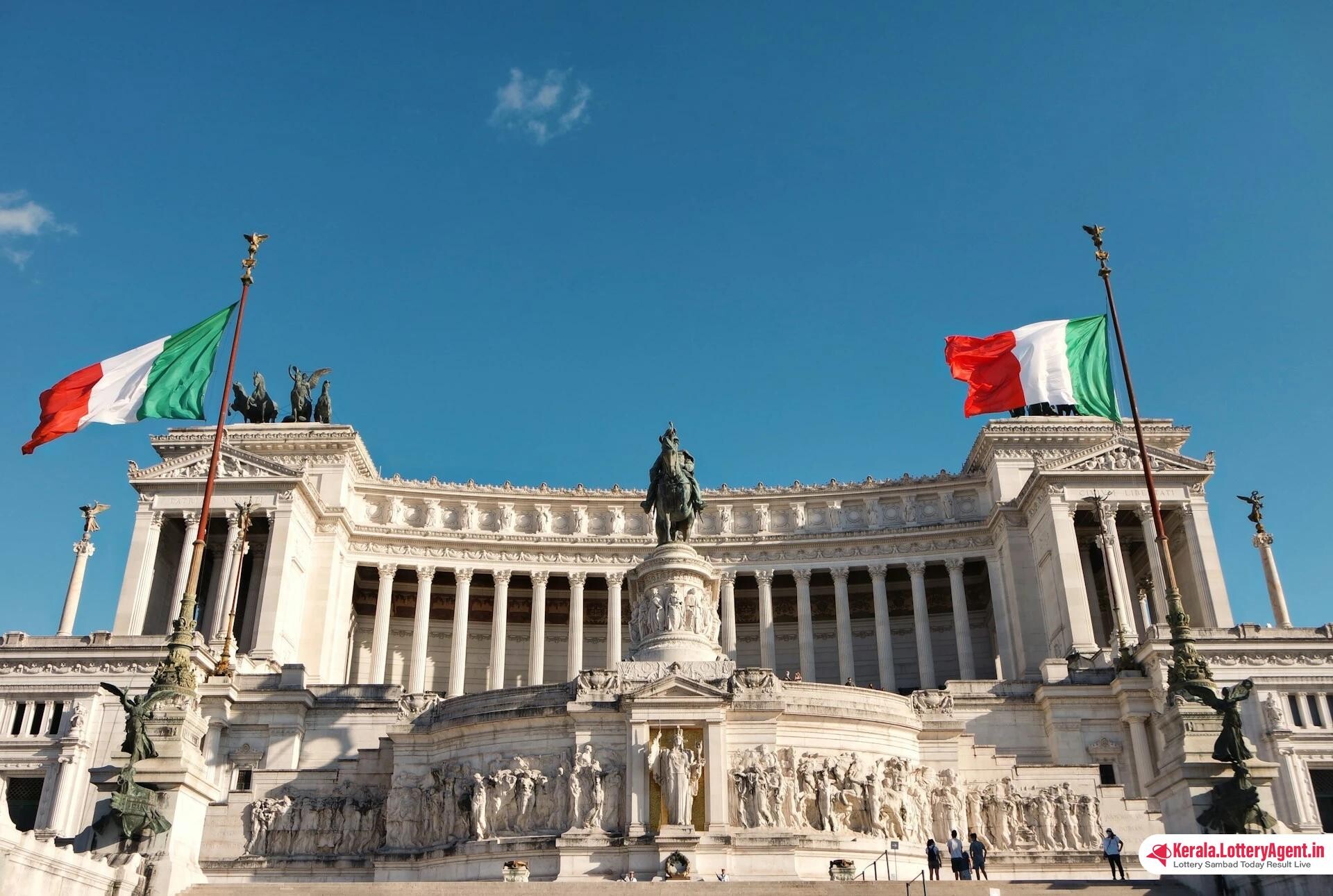
Italy has once again reinforced its stringent stance on gambling advertisements as the nation’s communications authority targets another major social media platform. Italy’s Autorità per le Garanzie nelle Comunicazioni (Agcom), has set its sights on the popular networking service, known for its iconic blue bird and blue checkmarks, fining Twitter International Unlimited Company a hefty €1.35 million. This decision came after the company was found to be in breach of the country’s “dignity decree,” which has sent shockwaves through the industry since its implementation in 2019.
The controversial legality decree explicitly bans any advertising, sponsorship, or any communication that carries promotional content tied to games or betting with cash rewards. This move encapsulates Italy’s commitment to impose rigid controls on gambling activities, aiming to protect societal values and curb the potential negative impact of gambling on individuals and communities.
Agcom identified nine distinct violations committed by verified accounts on the microblogging platform. It was determined that these accounts had actively engaged in advertising online gaming and betting activities that included possible cash winnings, violating the current law. Notably, the fact that these accounts were verified and bore the blue checkmark associated with credibility and authenticity on the platform subsequently laid the responsibility for these breaches at Twitter’s doorstep.
As of their latest ruling, the authority has not only levied a fine but has also taken steps to directly curb the influence of these accounts. An access inhibition order has been instated for two accounts that remain active on the platform. Additionally, to prevent similar breaches in the future, Agcom has put forth an inhibition order targeted at all illicit content posted subsequently by the nine implicated accounts.
This latest fine against the social media giant comes hot on the heels of a similar penalty imposed on Meta Platforms Inc., the parent company of both Facebook and Instagram. The regulatory authority recently handed down a €5.58 million penalty against Meta for its failure to prevent gambling advertisements on its respective networks. During their investigation, Agcom discovered 18 profiles across the two platforms that featured promotional content for gaming and betting. This included an assortment of 32 sponsored video and image posts specially crafted to promote online gambling activities, an explicit violation of the 2019 decree.
Agcom’s enforcement actions have not been exclusively directed at Meta. Other tech and media heavyweights have come under scrutiny, with Google, Twitch, and YouTube experiencing similar penalties. Google, in particular, endured a €700,000 fine in August 2022 for advertising appearances on the Spike YouTube channels of Top Ads, although specific details regarding the gambling operators or products were not divulged by Agcom.
Italy’s comprehensive ban on gambling advertisements has been a stumbling block for various sectors, most notably affecting the revenue streams of football clubs. These clubs, many of which had previously established partnerships with gambling operators, have faced significant financial strains as a result. Although partnerships aimed at markets outside of Italy, like those in Asia, continue unrestricted, calls for relaxation of the ban have been growing louder. Football entities and clubs argue that the stringent advertising restrictions have led to considerable income deficits and an unsustainable financial environment for the sport in Italy.
These continuous penalties and regulatory actions against major online platforms underscore Italy’s resolve to uphold the ban. As the digital landscape evolves, platforms must now navigate the tightrope of regulatory compliance, especially in markets like Italy that have adopted a decidedly hardline approach against gambling-related content. As regulators continue to prise open the ledgers of social media companies, pressure will mount for these platforms to meticulously police their content to avoid facing further financial censure.












